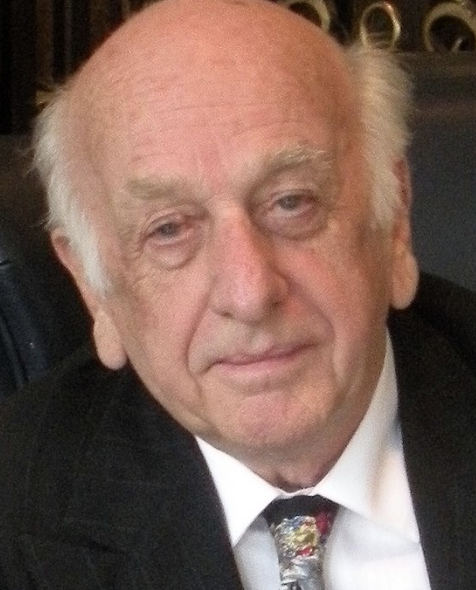On this date in 1930, journalist, author and activist Derek Humphry was born in Bath, England, to Bettine (Duggan) and Royston Humphry. His father was a traveling salesman and his mother had been a fashion model before marrying.
Growing up in a broken home during World War II, Humphry received a substandard childhood education. He attended close to a dozen different schools before leaving the school system at the age of 15 to pursue a career in journalism. He worked for the Yorkshire Post as an editorial manager prior to being drafted for the British Army at age 18.
Not long after his service, he resumed his career in journalism and became a reporter on the Manchester Evening News, the largest evening UK newspaper. During his journalism career, Humphry specialized in issues of race relations, immigration, prison conditions, police brutality and corruption. This led to the production of Because They’re Black (1971), a book that argued for racial harmony in Britain and won him the Martin Luther King Memorial Prize.
In 1978 he accepted a position as a special feature writer for the Los Angeles Times and moved to the U.S. The next year he published Jean’s Way, based on the 1975 assisted suicide of his first wife after a long struggle with metastasized breast cancer. According to the Times of London, she drank an overdose of a barbiturate, an analgesic and a generous helping of sugar mixed with coffee. “She gulped it all down, said, ‘Goodbye, my love,’ lost consciousness and stopped breathing within 50 minutes.”
In 1976 he had married Ann Wickett, an American studying Shakespeare in England. His investigative series for the Los Angeles Angeles Times was titled “The Quality of Dying in America” and led to him touring the country and speaking to doctors, nurses, scientists, ethicists and funeral home directors.
He and Ann started the Hemlock Society, which they ran out of the garage of their home in Santa Monica, in 1980. He wrote other related books, including Final Exit: The Practicalities of Self-deliverance and Assisted Suicide for the Dying (1991), which marked the emergence of the Death with Dignity movement in the U.S., Freedom to Die: People, Politics & The Right-To-Die Movement (1998) and Good Life, Good Death: The Memoir of a Right to Die Pioneer (2017).
Tragically, Ann killed herself with an overdose in 1991 in the wake of a tempestuous marriage and public accusations back and forth with Humphry, who had married Gretchen Crocker, a former friend of Ann’s, in 1990. The Hemlock Society split into two separate organizations — Compassion and Choices and Final Exit Network.
In a 1995 interview, Humphry was asked if he was a religious person and replied that he was an atheist. He called the Catholic Church “a dedicated opponent.” He died at age 94 at a hospice in Eugene, Oregon, of congestive heart failure and was survived by Gretchen and three sons from his first marriage. (D. 2025)


